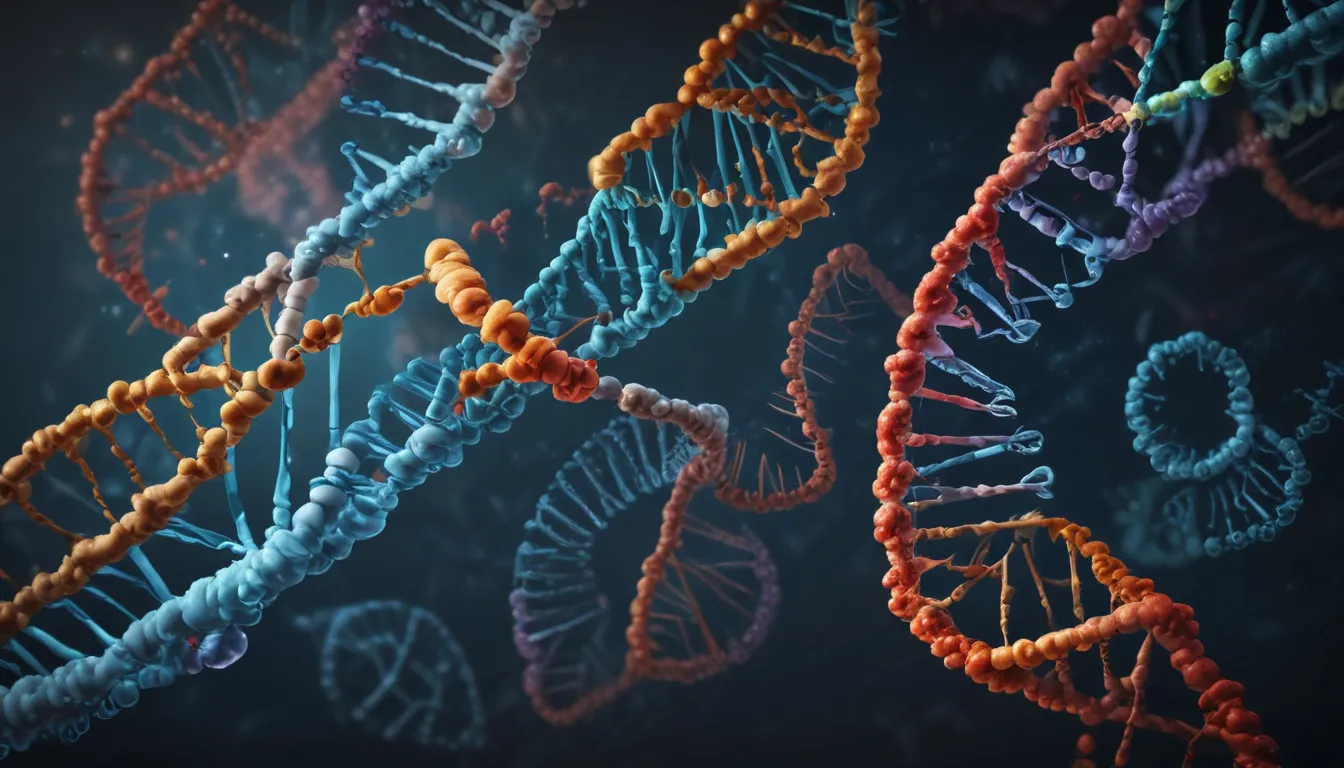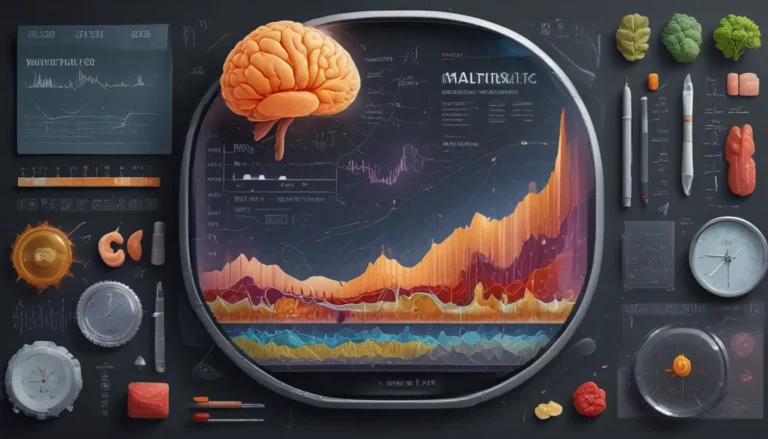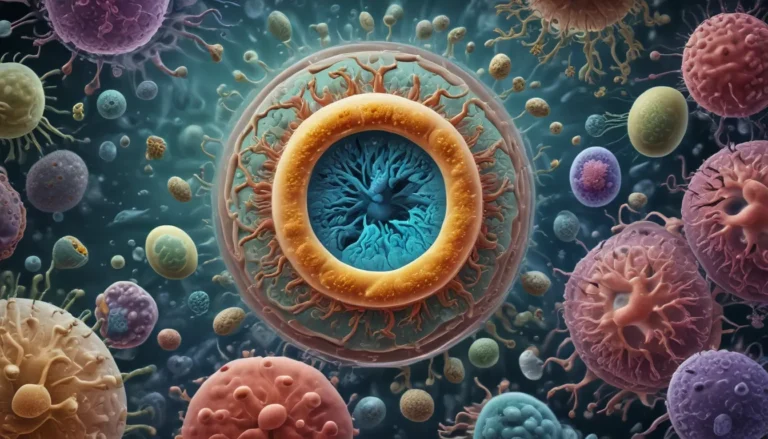A Note About Images: The images used in our articles are for illustration purposes only and may not exactly match the content. They are meant to engage readers, but the text should be relied upon for accurate information.
Are you ready to embark on a journey into the extraordinary world of DNA profiling? This cutting-edge scientific technique, also known as genetic fingerprinting, has revolutionized forensic biology and transformed the way we solve crimes, identify missing persons, and even study ancient hominids. Dive into the fascinating realm of genetics and uncover 16 unbelievable facts about DNA profiling that will leave you in awe of its impact on our lives.
The Evolution of DNA Profiling
- DNA profiling is a powerful tool in solving crimes, identifying missing persons, and preserving endangered species.
- The first DNA profiling was conducted in 1984 by Sir Alec Jeffreys, who developed the DNA fingerprinting technique.
- Each person’s DNA is unique, except for identical twins who share the same DNA profile.
Applications of DNA Profiling
- DNA profiling can determine biological relationships, such as paternity and maternity, with high accuracy.
- It is used in the identification of missing persons, providing a crucial tool when traditional methods fail.
- DNA profiling has exonerated innocent individuals, leading to their release from wrongful convictions.
- It is utilized in establishing ancestral origins and tracing genetic roots.
- By examining specific DNA segments, scientists can accurately determine the biological sex of an individual.
- DNA profiling plays a crucial role in wildlife conservation, aiding in the identification and protection of endangered species.
- It is widely accepted in paternity testing to confirm or exclude biological relationships.
- DNA profiling helps prevent animal trafficking by detecting illegal trade of protected species.
- In disaster victim identification, DNA profiling is instrumental in identifying individuals in cases of mass casualties or natural disasters.
- It is a valuable tool in medical research, providing insights into genetic disorders, hereditary diseases, and potential treatment options.
Advancements in DNA Profiling
- DNA profiling techniques have advanced over the years, from traditional DNA fingerprinting to modern methods like Polymerase Chain Reaction (PCR).
- The accuracy and reliability of DNA profiling make it a highly trusted form of evidence in legal proceedings.
- As the use of DNA profiling expands, important ethical questions regarding privacy, consent, and access to genetic information must be addressed.
With its wide-ranging applications and benefits, DNA profiling has become an indispensable tool in various fields. From solving crimes and establishing biological relationships to preserving endangered species and advancing medical research, the impact of DNA profiling on our society is unparalleled.
Conclusion: The Power of DNA Profiling
In conclusion, DNA profiling has revolutionized forensic science and has proven instrumental in solving crimes and exonerating the innocent. Its ability to identify individuals with incredible accuracy by analyzing unique DNA sequences has opened up new possibilities in the field of genetics.
As our understanding of DNA continues to evolve, we can expect even more breakthroughs in DNA profiling. The potential for using DNA as a powerful tool to unravel mysteries and solve crimes seems limitless. The next time you hear about DNA profiling, remember the incredible impact it has had on our lives and society as a whole.
FAQs: Exploring DNA Profiling
-
What is DNA profiling?
DNA profiling, also known as DNA fingerprinting, is a technique that analyzes specific regions of an individual’s DNA to create a unique genetic profile. -
How accurate is DNA profiling?
DNA profiling is highly accurate, with a probability of a DNA match being one in billions. -
How is DNA profiling used in forensic investigations?
DNA profiling is used to link suspects to crimes, identify victims, and exonerate wrongfully accused individuals. -
Can DNA profiling be used for paternity testing?
Yes, DNA profiling is widely used for paternity testing by comparing DNA profiles of individuals. -
Are there any ethical concerns surrounding DNA profiling?
Yes, ethical concerns related to privacy, consent, and access to genetic information are important considerations in the use of DNA profiling.
DNA profiling is a remarkable field that continues to push boundaries and unlock the mysteries of genetics. As we delve deeper into the world of DNA profiling, we uncover not just scientific facts but also ethical implications that shape its use in society. Join us on this incredible journey of discovery as we unravel the mysteries of DNA profiling and its profound impact on our world.






